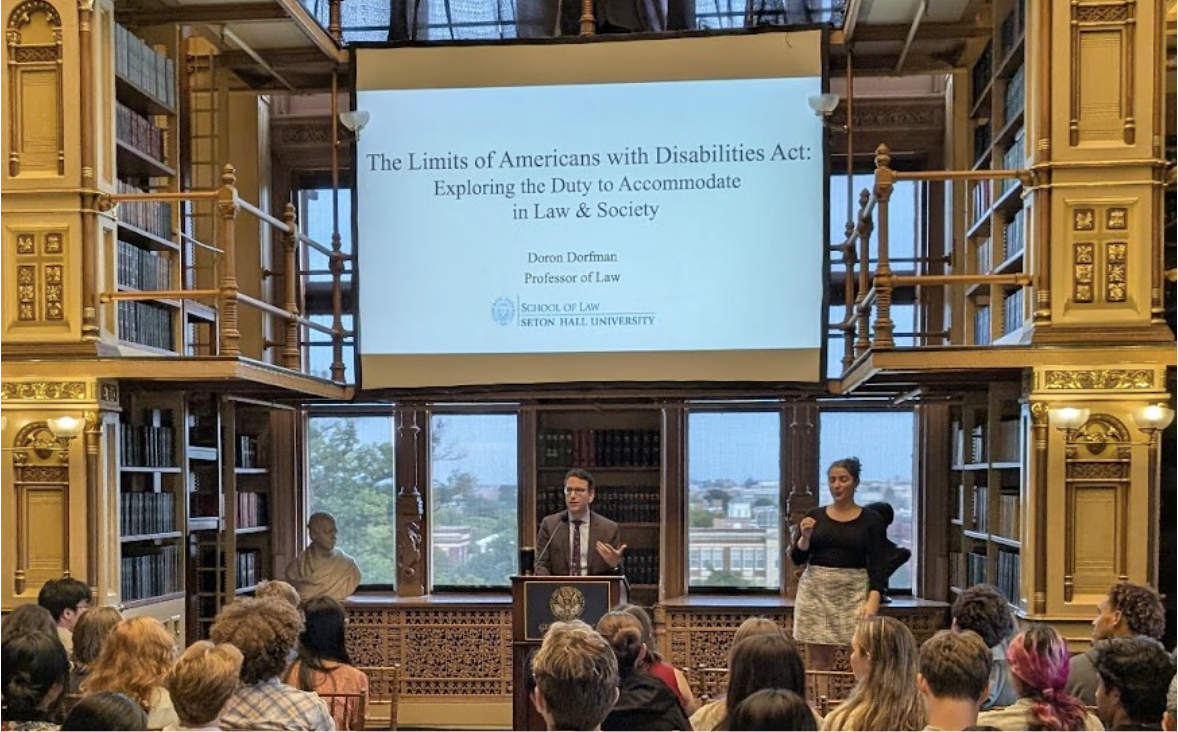The World Health Organization (WHO) declared mpox a public health emergency of international concern Aug. 14 following the rapid spread of a new virus strain in the Democratic Republic of the Congo and neighboring countries.
The WHO’s declaration has advanced the global response to mpox by authorizing technical support, funding and access to vaccines and therapies to the affected population.
Mpox, formerly known as monkeypox, is primarily spread through close contact with an affected person, such as direct physical contact with the infectious lesion or rash. Symptoms of mpox include fever, sore throat, headache and swollen lymph glands that appear three to 17 days after infection, as well as a skin lesion or rash several days into the illness. A mpox vaccine was made commercially available in April 2024, and its use was encouraged for those at higher risk of infection, such as those who have traveled to a country where mpox has been identified or have had contact with an individual diagnosed with mpox.
Dr. Jesse Goodman, professor of medicine and attending physician at Georgetown University Medical Center, said that although cases of mpox exist in the United States, they are from a different strain than the one driving the current outbreak.
“In 2024 through August there were approximately 89 cases in DC, Maryland, and Virginia,” Goodman wrote to The Hoya. “These are clade 2, which is, as noted, possibly less severe than clade 1 predominantly circulating in Africa, although some of the difference could be attributable to access to good supportive medical care.”
To date, there have been no reported clade 1 mpox cases in the United States. In 2022, there were three Georgetown community members with confirmed cases of clade 2 mpox, all of whom were effectively isolated and aided through their recovery, according to a university spokesperson on behalf of the Office of Public Health.
“Each of the three Georgetown community members with confirmed cases of mpox in 2022 followed isolation recommendations and were supported through their isolation period, and each individual recovered,” the university spokesperson said in a statement to The Hoya.
The Office of Public Health worked closely with the Student Health Center, the Division of Infectious Diseases at MedStar Georgetown University Hospital and the D.C. Department of Health to support the community members involved. Thus, if a new strain of mpox is detected in the United States, the university would be able to conduct specific testing for a diagnosis, according to the Office of Public Health.
Dr. Seble Kassaye, acting medical advisor at Georgetown University, said increased understanding of infectious diseases has led to advancements in monitoring, treating and mitigating the spread of mpox.
“Dynamic public health systems allow for effective surveillance to identify new and rising case counts, effective communication platforms allow for rapid dissemination to reach front line providers and medical and scientific advances allow for appropriate responses to contain and mitigate disease,” Kassaye wrote to The Hoya.
Kassaye believes that there are also lessons we can draw from the COVID-19 pandemic to treat mpox more effectively. Despite having distinct modes of transmission, with the virus being airborne and mpox being spread through direct contact, similar disease treatment and prevention techniques can be applied.
“Lessons that are transferable to the mpox outbreaks include recognition of the importance of maintaining robust public health infrastructure, including surveillance and data systems, laboratory and diagnostic capacity, medical manufacturing capacity to rapidly pump up production of needed pharmaceutical agents, medical and laboratory supplies and early, transparent and effective communication both within the public health and medical community, as well as with the general public,” Kassaye wrote.
Despite the lessons from the COVID-19 pandemic, Goodman emphasizes that challenges still remain for the global treatment and prevention of mpox due to civil unrest, health inequities and medical stigma within countries.
“For many nations or populations, including in the Democratic Republic of Congo, other issues are more pressing, whether civil war or unrest, or outbreaks of other preventable diseases such as measles,” Goodman wrote. “In addition, stigma of the disease is likely very important in inhibiting, identifying and preventing cases. Further, lack of public health leadership and infrastructure, and of resources for delivering interventions like vaccines have been a major problem.”




